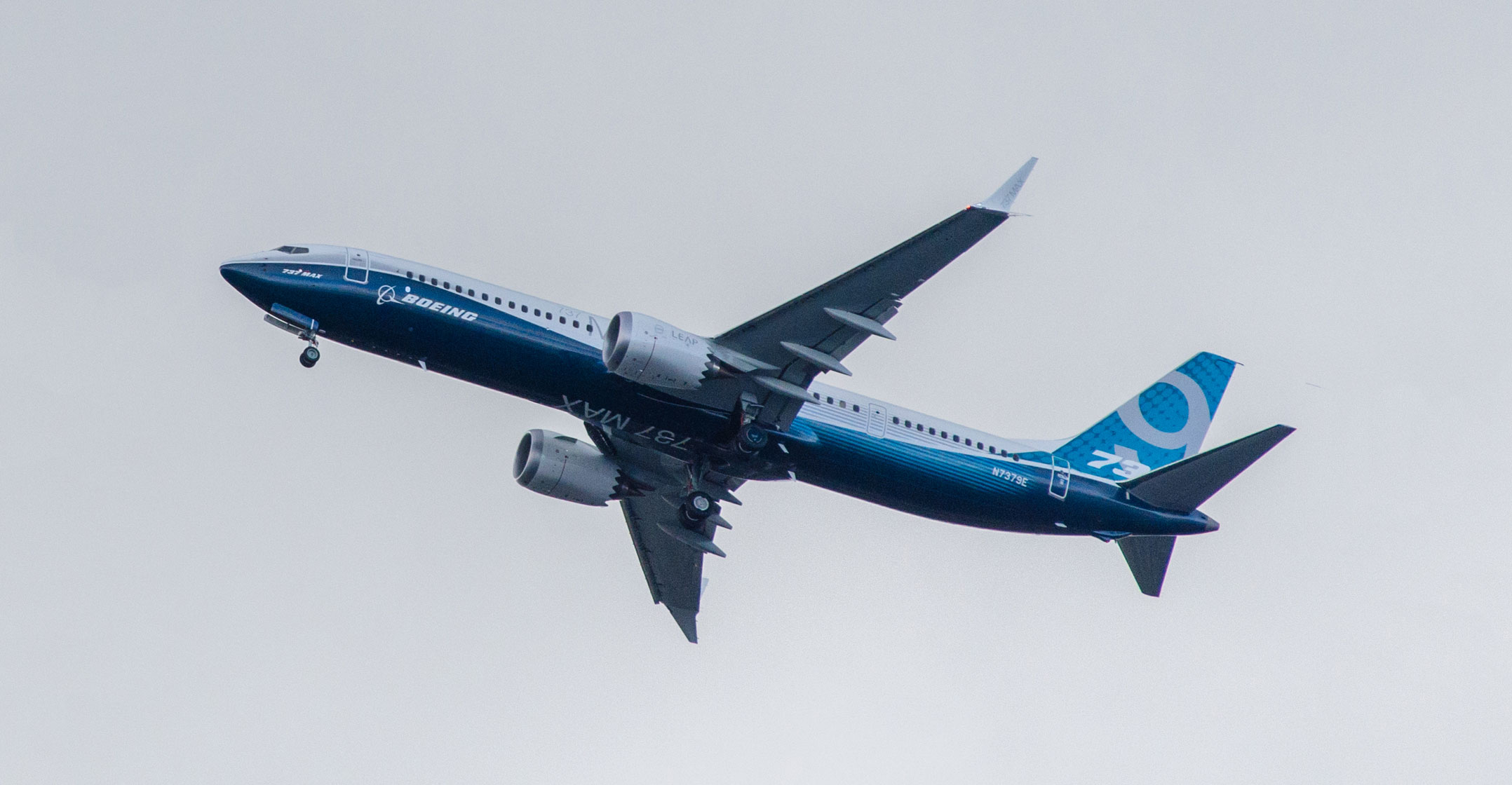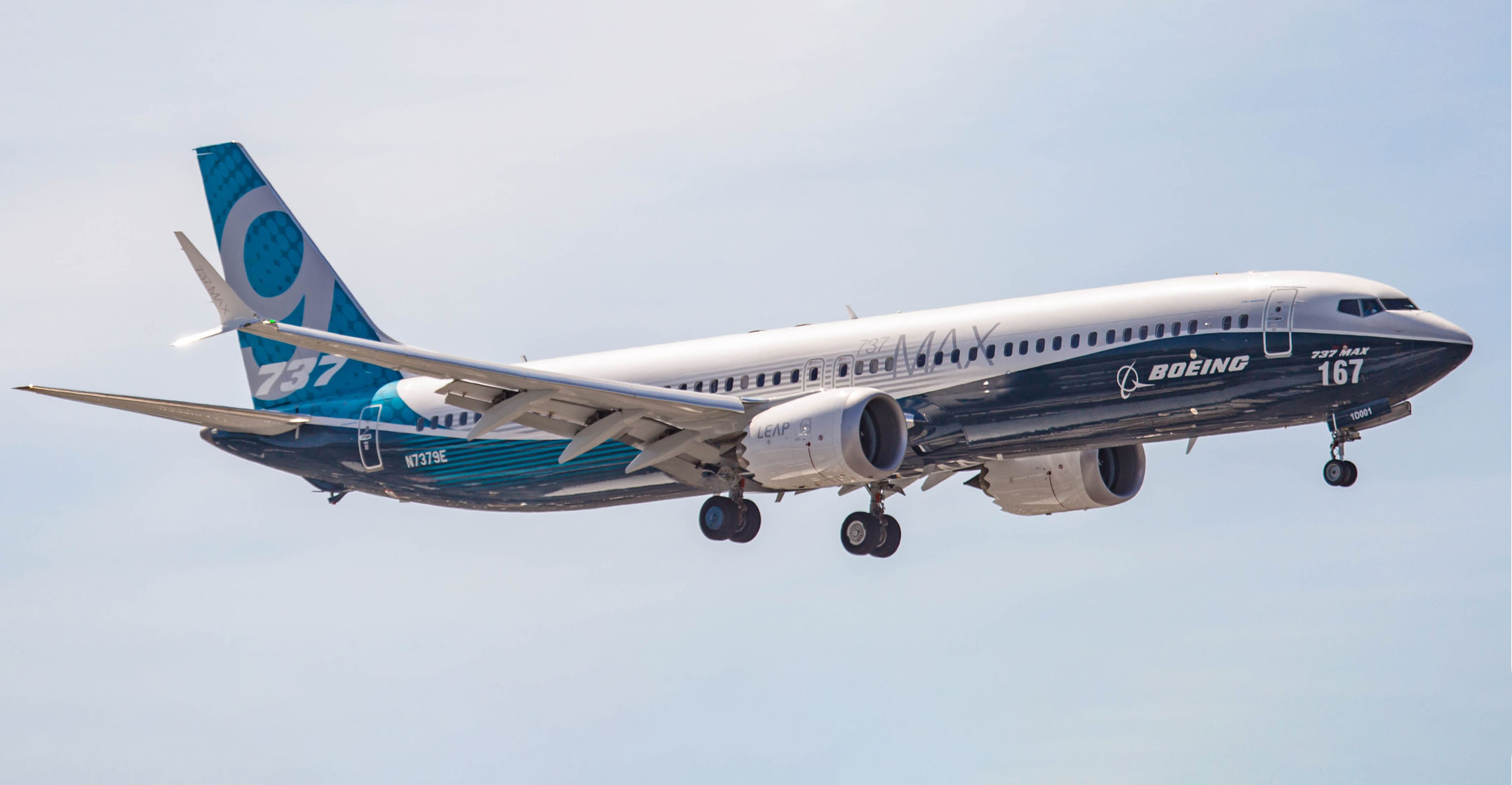
US aviation regulators have signalled their confidence in the safety of Boeing’s embattled 737 Max jetliner, issuing a global notice of “continued airworthiness” a day after the model’s second deadly crash in less than five months.
There isn’t conclusive evidence so far to link the loss of an Ethiopian Airlines 737 Max 8 on Sunday and a fatal Lion Air disaster involving the same jet model in October, the Federal Aviation Administration said on Monday. Boeing is working on improvements to the plane’s flight-control system and the FAA plans to publish a related directive to operators “no later” than April.
“External reports are drawing similarities between this accident and the Lion Air Flight 610 accident on 29 October 2018,’’ the FAA said. “However, this investigation has just begun and to date we have not been provided data to draw any conclusions or take any actions.’’
The statement shows that US regulators have no immediate intention of grounding the 737 Max 8 after this weekend’s crash that killed 157 people near Addis Ababa, Ethiopia. That breaks with a decision by China, Indonesia and some airlines in other countries to suspend use of the plane. Boeing’s flight-control changes would address the plane’s anti-stall software and faulty sensor linked to the earlier crash in the Java Sea off the coast of Indonesia.
Even after the FAA’s announcement, however, two of Latin America’s largest airlines — Grupo Aeromexico and Brazil’s Gol Linhas Aereas Inteligentes — said they would also suspend 737 Max flights. South Africa’s Comair, which operates domestic Kulula and British Airways flights, has also reportedly grounded is 737 Max.
Boeing sank 5.3% to US$400.01 at the close in New York, the biggest decline since 29 October, the day of the Lion Air crash.
Politicised
The matter has become politicised even as an international team searches for clues to the latest tragedy.
US senator Dianne Feinstein, a Democrat from California, also called for flights to be halted until the cause of the latest crash is determined “and it’s clear that similar risks aren’t present in the domestic fleet”.
The FAA missive indicated that Boeing is preparing fixes for anti-stall software that baffled pilots by pitching the Lion Air plane’s nose down dozens of times before it crashed in the Java Sea off the coast of Indonesia. The system was activated by a reading from a single faulty sensor, without any pilot input, and didn’t respond as the flight crew desperately tried to halt the dive.
Since then, the FAA has checked the calibration procedures for the angle of attack vane, which compares the incline of a plane’s nose against oncoming wind. It has also reviewed production processes related to the sensor and the anti-stall software, known as the Maneuvering Characteristics Augmentation System, or MCAS, the document said.

Boeing also plans to “update training requirements and flight crew manuals”.
The plane maker echoed the FAA’s statement, saying it stood by the aircraft, a revamped version of its workhorse single-aisle jet. The 737 family is on pace to generate about $30-billion in annual revenue, and about a third of the company’s operating profit, according to George Ferguson, an analyst with Bloomberg Intelligence.
“We are confident in the safety of the 737 Max and in the work of the men and women who design and build it,” Boeing CEO Dennis Muilenburg said in a message to employees shortly after the FAA released its statement.
The Chicago-based company is devoting more resources to the 737 programme, including customer support, Muilenburg said. He also reminded employees that all requests on the topic “must flow through the proper channels” as investigators probe the crash.
“There are still many facts to learn and work to be done,” he said. “Speculating about the cause of the accident or discussing it without all the necessary facts is not appropriate and could compromise the integrity of the investigation.” — Reported by Alan Levin and Julie Johnsson, with assistance from Ryan Beene and Angus Whitley, (c) 2019 Bloomberg LP




